12 Childhood Wounds That Show Up in Adulthood

Our early years shape who we become as adults in powerful ways. Experiences during childhood can leave lasting marks that affect how we think, feel, and relate to others decades later. Understanding these childhood wounds helps us recognize why we might struggle with certain patterns or reactions, opening the door to healing and growth.
1. Emotional Neglect
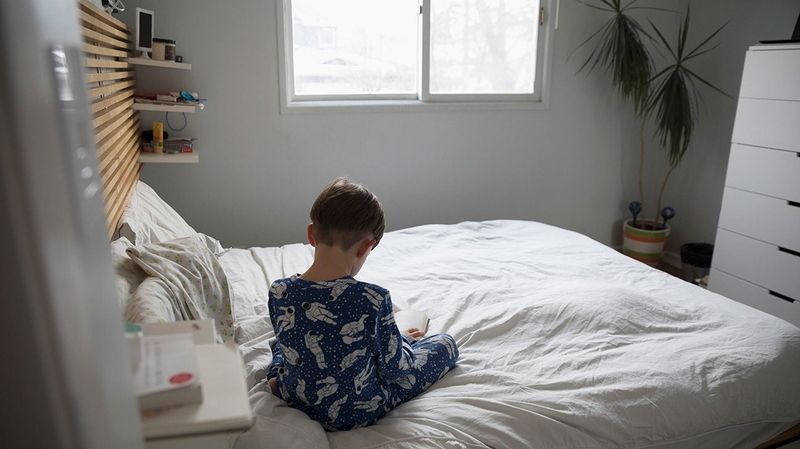
Growing up with parents who couldn’t meet your emotional needs creates a void that follows you into adulthood. You might struggle to identify your feelings or believe they matter, often putting others’ needs before your own.
Adults who experienced emotional neglect often become people-pleasers, feeling responsible for everyone else’s happiness while neglecting their own. They may have trouble setting boundaries and feel chronically empty or unfulfilled.
The path to healing begins with acknowledging your emotions are valid and learning to nurture yourself in ways you weren’t taught as a child.
2. Harsh Criticism
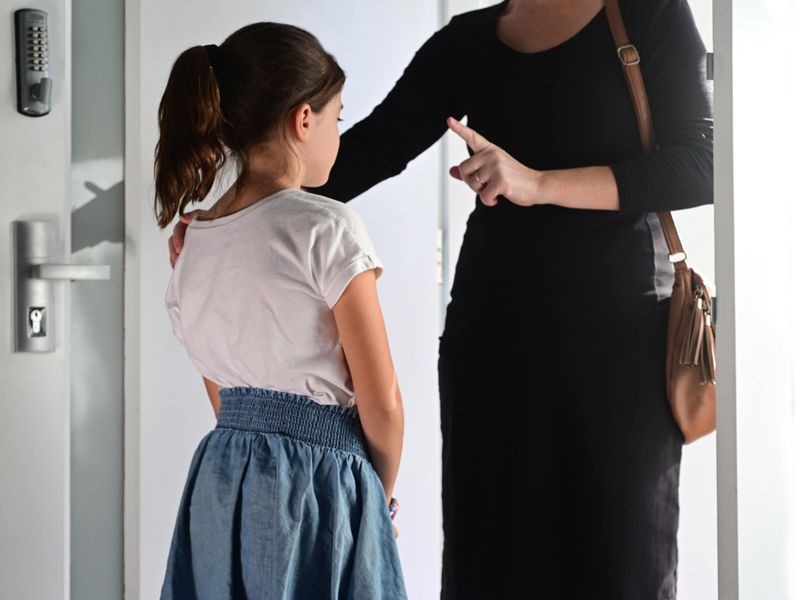
Remember those cutting words that stung when you were small? The echoes of harsh criticism from parents or teachers can morph into a relentless inner critic that follows you everywhere.
Adults who weathered constant criticism often battle perfectionism and fear of failure. They might obsessively seek approval, yet struggle to accept compliments when they receive them. Their accomplishments never feel quite good enough.
Healing starts by recognizing that critical voice isn’t yours—it was installed by others—and gradually replacing it with self-compassion and realistic standards.
3. Abandonment

When a parent physically or emotionally disappears during childhood, it creates a wound that shapes how you approach relationships. The fear that loved ones will suddenly vanish can haunt your adult connections.
People with abandonment wounds often become anxiously attached, requiring constant reassurance or, conversely, avoiding deep connections altogether. They might test partners by pushing them away, unconsciously trying to prove that everyone eventually leaves.
Recovery involves building a secure foundation within yourself and learning that not everyone in your life will disappear.
4. Conditional Love

Love that came with strings attached teaches children they must perform to be worthy. Maybe you received affection only when you brought home good grades or behaved perfectly.
As adults, people who experienced conditional love often become achievement-oriented, believing they must constantly earn affection through success or compliance. They struggle with the concept of being loved simply for who they are rather than what they do.
Healing this wound requires experiencing unconditional relationships and gradually internalizing the truth that your worth isn’t tied to your performance.
5. Parentification
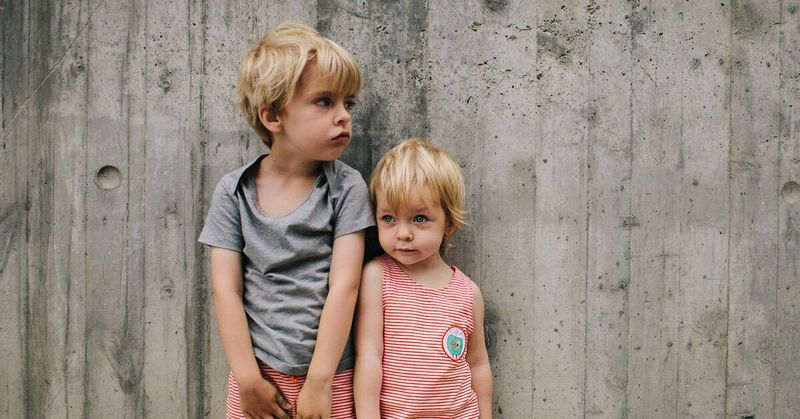
Taking on adult responsibilities too young forces children to skip crucial developmental stages. Whether caring for siblings, managing household duties, or becoming an emotional support for parents, the burden was never yours to carry.
Adults who were parentified often struggle with workaholism and difficulty relaxing. They may feel uncomfortable when others try to care for them and continue to over-function in relationships, taking responsibility for everyone’s wellbeing except their own.
The journey toward healing involves reclaiming the playfulness and dependency needs that were sacrificed and learning to receive as well as give.
6. Childhood Bullying

Playground taunts and social rejection leave marks that don’t fade with the school years. Being bullied teaches children painful lessons about trust and safety that can persist long into adulthood.
Adults who endured bullying might struggle with social anxiety and anticipate rejection before it happens. They often battle shame about aspects of themselves that were targeted and may either withdraw from social situations or develop a tough exterior to protect their vulnerability.
Healing begins by challenging the negative beliefs about yourself that bullies installed and creating safe connections that prove not everyone will hurt you.
7. Betrayal of Trust
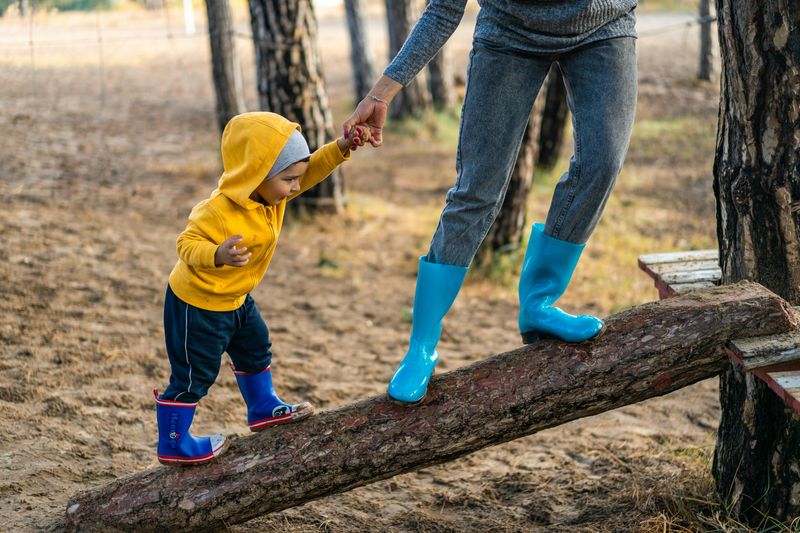
When adults who should protect you break your trust through deception or broken promises, it fundamentally alters how you view relationships. The lesson learned is that people closest to you can’t be counted on.
Adults carrying this wound often develop hypervigilance, constantly scanning for signs they’re being deceived. They may struggle with paranoid thinking or, paradoxically, be overly trusting because they never developed healthy skepticism.
Recovery involves learning to trust your own judgment again and gradually building relationships with people who prove themselves trustworthy through consistent actions.
8. Unrealistic Expectations

Parents who demanded perfection or achievements beyond your developmental capacity set you up for a lifetime of feeling inadequate. The impossible standards became internalized as your own voice.
Adults who grew up under unrealistic expectations often suffer from imposter syndrome and chronic dissatisfaction with themselves. They may set unattainable goals, then berate themselves for inevitable failures, creating a cycle of striving and disappointment.
Healing this wound requires developing realistic expectations and celebrating progress rather than demanding perfection, gradually replacing those harsh internal demands with compassionate motivation.
9. Emotional Invalidation
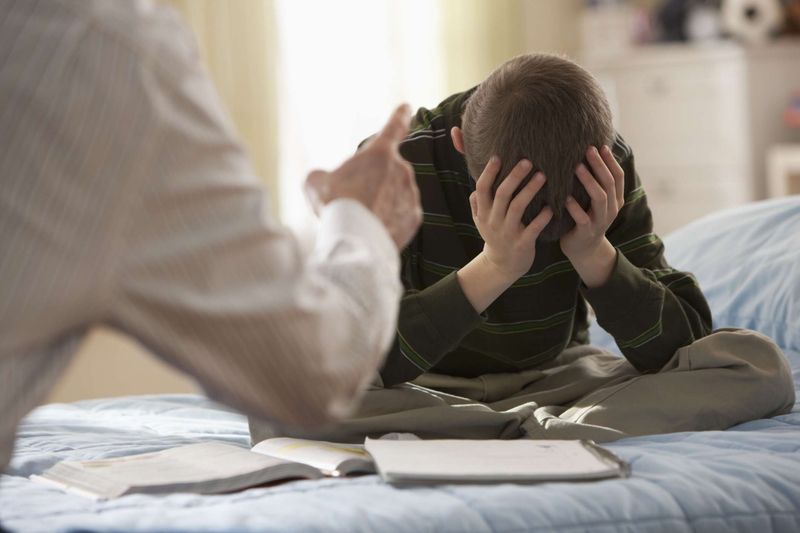
Being told “stop crying” or “you’re overreacting” teaches children their feelings are wrong or unimportant. This creates confusion about emotional experiences that persists into adulthood.
Adults whose emotions were invalidated often struggle to trust their own feelings and perceptions. They may apologize for having normal emotional reactions or dissociate from feelings altogether, creating a disconnection from their authentic selves.
The healing journey involves learning to recognize, name, and honor your emotional experiences without judgment, gradually reclaiming the full spectrum of feelings that make you human.
10. Physical or Emotional Abuse
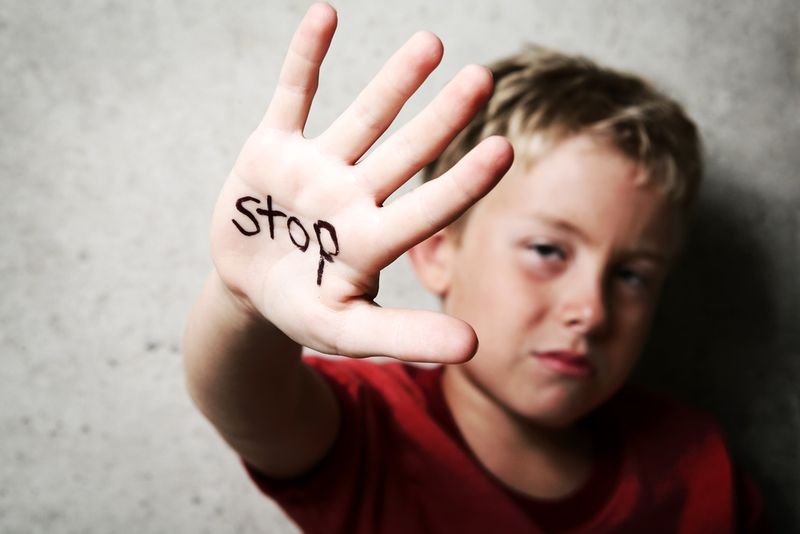
Violence or cruelty from caregivers shatters a child’s sense of safety in the most fundamental way. The world becomes dangerous, and trust becomes nearly impossible.
Adults who survived abuse often struggle with hypervigilance, difficulty regulating emotions, and relationship challenges. They may have trouble distinguishing between normal conflict and danger, reacting to minor disagreements as threats.
Recovery requires establishing safety first—physically, emotionally, and relationally—then gradually processing traumatic memories with professional support and rebuilding a sense of agency over your life.
11. Witnessing Family Conflict

Growing up amid constant arguments or witnessing domestic violence teaches children that relationships are inherently unstable and frightening. Even when not directly targeted, the atmosphere of tension leaves lasting impressions.
Adults who witnessed chronic family conflict often struggle with conflict avoidance or recreate chaotic relationships that feel familiar. They may have never learned healthy ways to disagree or resolve differences, making relationships feel like emotional minefields.
Healing involves learning that conflict doesn’t have to mean catastrophe and developing skills for healthy communication that were missing from your childhood models.
12. Absence of Healthy Boundaries

Families where personal boundaries weren’t respected create confusion about where you end and others begin. Whether through invasion of privacy, inappropriate sharing, or enmeshment, the message was that you didn’t have the right to separate space.
Adults raised without healthy boundaries often struggle to say no or feel guilty when prioritizing their needs. They may attract relationships with controlling people or have difficulty identifying when their boundaries are being crossed.
Recovery involves the sometimes uncomfortable process of defining your limits, communicating them clearly, and maintaining them consistently, even when it triggers guilt or fear.

Comments
Loading…